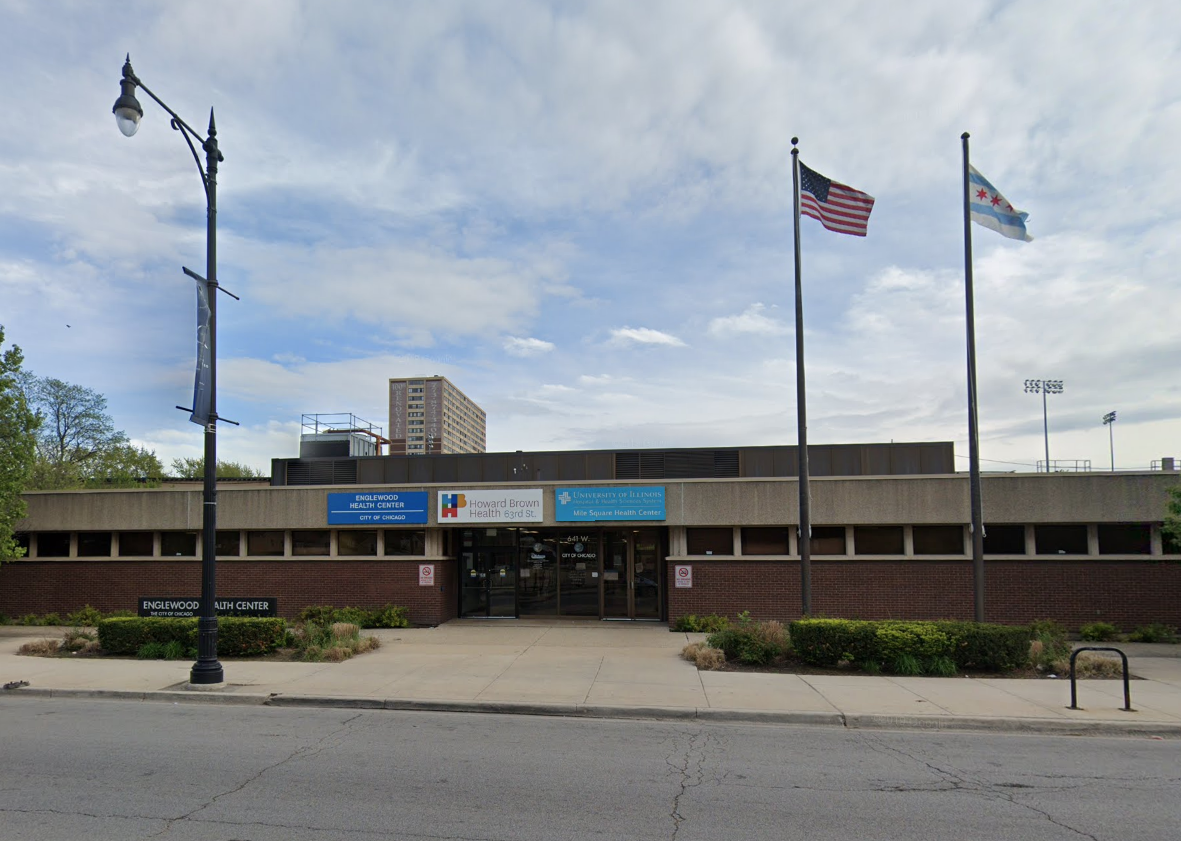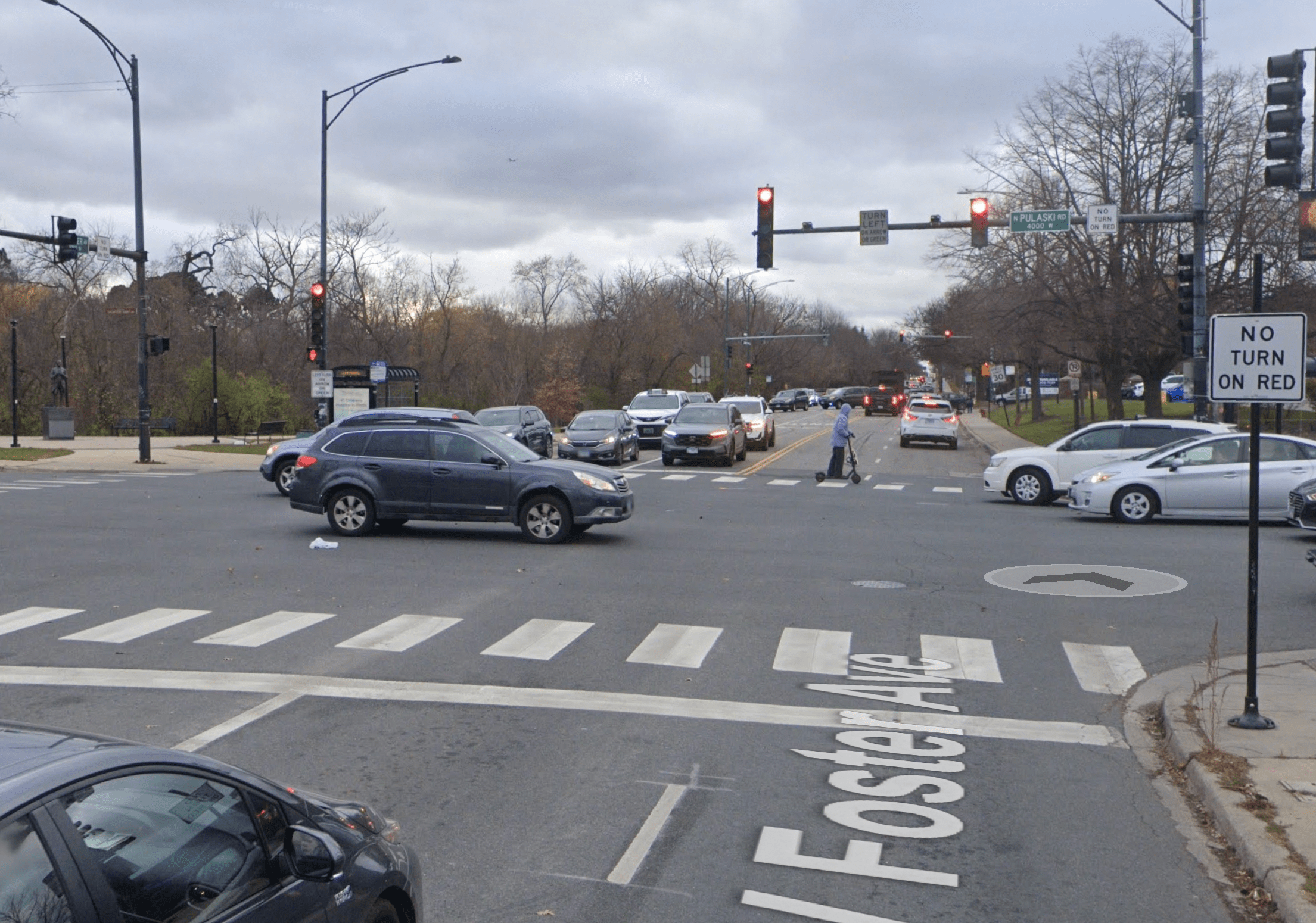Recently I discussed how, in the wake of several troubling incidents of violence on the CTA, the Amalgamated Transit Union Local 241, which represents CTA workers, is pushing for armed guards on certain bus routes. I noted that, rather than adding more guns to the system, a better way to prevent crime without increasing the potential for minor infractions to escalate into bloodshed, is to follow the Bay Area's lead by deploying unarmed transit ambassadors.
A tragic incident on a CTA bus last Friday afternoon raises another important point about violence prevention on transit and elsewhere in Chicago. Providing all citizens with adequate mental health support is crucial for creating a safer, more peaceful city.
According to prosecutors, around 4:30 p.m. on Friday, Van Crocker, 55, boarded a bus on Cottage Grove Avenue, the Chicago Tribune reported. Near 86th Street, as Crocker stood in front of another man, 66, Crocker pulled out a knife and stabbed him in the chest.
Crocker later confessed that he wanted to kill the man, whom he did not know, prosecutors said. He was charged with first degree murder and denied bail at a hearing on Sunday.
A public defender said Crocker suffers from mental illness, which limited his decision-making capacity during the incident and in interactions with police, and that officers did not check him for mental health issues, the Tribune reported.
While I don't know Crocker's backstory, or what events in his life led him to this point, the incident raises questions about whether he was getting sufficient treatment for his mental illness. If not, could better access to mental health services, such as counseling and medication, have prevented this tragedy?
In March 2019 Alexa James, executive director of the Chicago chapter of the National Alliance on Mental Illness, told the Tribune that there had likely been an increase in the number of people with obvious signs of mental health issues in public space. She attributed that to insufficient funding for services, along with the opioid epidemic and trauma, such as from shootings.
In Chicago, access to mental health treatment for lower-income residents was reduced in 2012 when then-mayor Rahm Emanuel closed six of the city's 12 mental health clinics. The increased difficulty for people with mental health issues to access counseling and medication may be a factor in the apparent increase in homeless people taking shelter on the CTA in the years that followed.
Current mayor Lori Lightfoot made a campaign promise to reopen the clinics Emanuel closed, but never did so. Instead, Lightfoot set aside $9.3 million in the city's 2020 budget for increased capacity at the remaining facilities and to help fund “20 trauma-informed centers of care” in lower-income neighborhoods. Last October Lightfoot awarded another $8 million in annual grants to 32 community organizations that provide mental health services, with a focus on youth.
Last month, a coalition of activists and progressive aldermen released a proposal for how Chicago should allocate over $1.8 billion in federal COVID stimulus funds. The plan called for earmarking $100 million for reopening 10 mental health clinics. "Mayor Lightfoot promised to reopen [them] and said that she would reinvest a minimum of $25 million in rebuilding the public mental health infrastructure," Cheryl Miller, an organizer with Southside Together Organizing for Power, told WBEZ. "We are now demanding that she honor that commitment.”
Violence prevention is near or at the top of most Chicago residents and leaders' priorities these days. Along with launching a CTA transit ambassadors program, a major investment in mental health services, such as the one the coalition is proposing, could go a long way towards preventing violent crime on transit, and everywhere else in Chicago.




